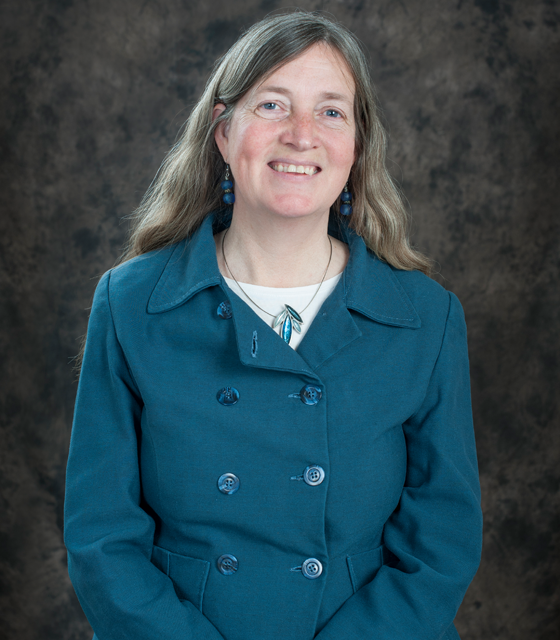Patricia "Trish" Bright, PhD, Epidemiologist
" ... working at FDA not only gives you inside exposure to the medicine and food industry, it familiarizes you with the regulatory structure that guides these industries." -- Dr. Trish Bright, Epidemiologist
Q: What opportunities does FDA offer you that you couldn’t get elsewhere?
Patricia Bright: It’s my experience that FDA makes room for and respects voices of young, qualified scientists. FDA welcomes relatively young scientists into leadership positions. This approach is driven by a work culture that prioritizes skilled employees (beyond simply rewarding seniority).
Also, working at FDA not only gives you inside exposure to the medicine and food industry, it familiarizes you with the regulatory structure that guides these industries. And, collaborating with highly trained colleagues (within and across disciplines) keeps our scientific training cutting edge.
Q: Why do scientists like you stay at FDA?
PB: I like to think we’re positioned at the crux of translating data into regulatory action to protect the public health. So the position taps into myriad interests like:
- Using and sharpening the skills we got in our professional training.
- Being of service for the benefit of the U.S. public and beyond our borders.
- Staying up to date on important health issues.
At FDA, we interface with top-level professionals from different disciplines and work towards a common goal. We don’t always agree with one another, but the discussions are always informed and interesting!
Q: How do you use your science degree at FDA?
TB: I work as an Epidemiologist as part of FDA’s Center for Drug Evaluation and Research safety team. We work to ensure that FDA-approved medications are safe for the public. In addition to assessing newly published literature on FDA-regulated products and giving input on sponsor submissions, together with the team, I take a lead in conducting safety assessments of drugs covered by my team using FDA's Sentinel Initiative. Sentinel is an active surveillance monitoring system for medical products that uses linked administrative and insurance claims databases. Sentinel helps us to investigate safety questions about the products FDA regulates after they are on the market.
It’s exciting to be on the frontlines of exploring this powerful tool and helping to identify safety issues of interest to FDA and critical to the public. It’s really interesting to get the results from our queries and to help interpret the data we get back.
Q: How is science conducted at FDA unique from science conducted at the National Institutes of Health, academia, or industry?
TB: We support regulatory decision-making that affects FDA-regulated products (which spans the gamut from food to medicines). This is different from just generally furthering scientific understanding. We advance scientific understanding, but our efforts are directly tied to regulatory decisions. And these decisions have a powerful and direct effect on people’s lives in the United States and sometimes worldwide.


